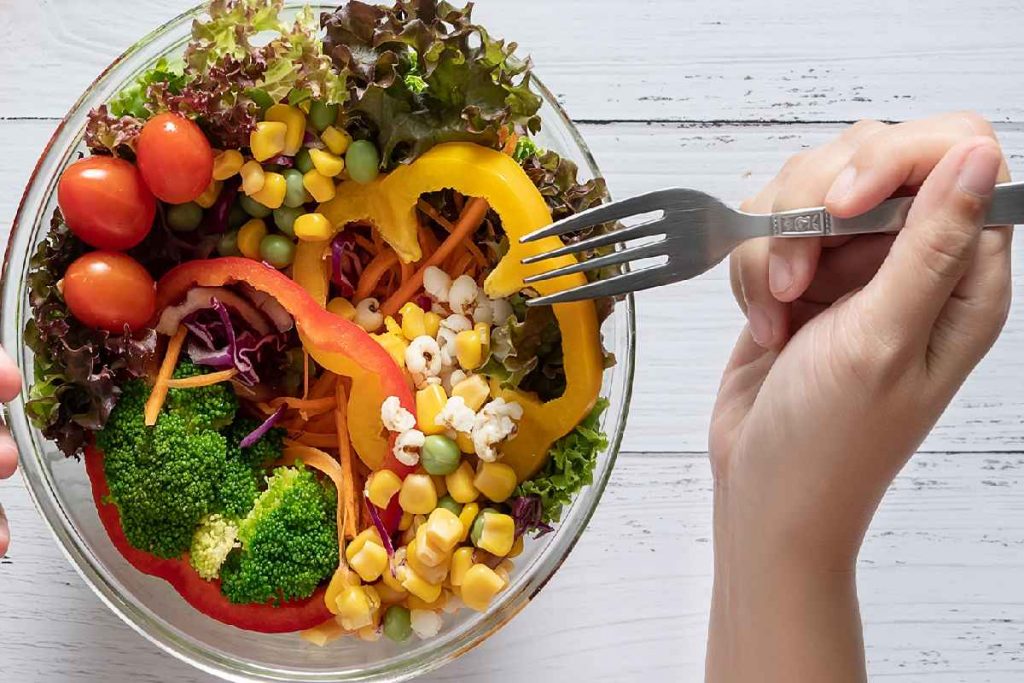Table of Contents
Blueberries are also considered to be real nutrient bombs
Healthy Eating – Coloured vegetables, fruits such as spinach, pumpkin, wild blueberries, cultivated blueberries (also called blueberries), or tomatoes are healthy nutrient packages that can compensate for some nutritional sin. In addition to vitamins and minerals, which the body needs for a functioning metabolism, they contain secondary nutritionists.
Healthy eating is a substance that protects the body from harmful influences. Not only do they keep annoying colds away, but they also prevent serious illnesses such as cancer and cardiovascular diseases.
If you don’t like greens, you should use more fruit and vegetables such as peppers, oranges and tomatoes. Whether it tastes good is often a question of preparation anyway. Delicious vitamin drinks, fruity desserts or pasta with vegetable sauces will please even the most stubborn vegetable grouch.
Chicory is nutritious but low in calories.
The taste of chicory is not for everyone. But one thing is sure: the vegetables are very healthy. It contains, for example, folic acid and beta-carotene, explains the Federal Association of German Pharmacists’ Associations in the current issue of its magazine “Niue Apotheoses Illustrate”. Beta-carotene is good for the eyes and helps prevent cardiovascular disease.
No unnecessary ballast: pulses and whole grains
Soy, beans and oats are also on the list of multi-dishes. And rightly so, because legumes and whole-grain products contain vegetable protein, minerals and plenty of fibre, which ensure functioning digestion.
Oats and amaranth are particularly rich in iron and magnesium.
Whole grain products made from wheat, rye, spelt, or rice provides variety on your plate – these are an equal substitute for oats. If you don’t like grains, it is best to use finely ground wholemeal bread. For pasta or self-made pastries, those who don’t like the grain can mix the whole grain with the light variant.
Fit with fish and poultry
Sea fish is a recommended food that should ideally be served at least once a week. In addition to valuable protein, it contains the vital mineral iodine and high-quality omega-3 fatty acids. Oily fish, for example, salmon and mackerel, are particularly rich in healthy fatty acids.
The simple fish fillet does not always have to be on the table. Grilled or as a soup – fish can be prepared in many variations.
Those who don’t like fish can put other low-fat meats, such as chicken breast or lean beef, on the menu instead. In addition, you should use high-quality vegetable oils and iodized salt for cooking.
Valuable oils and nuts protect the heart and blood vessels
Not all fat is unhealthy. For example, unsaturated vegetable fats and omega-3 fatty acids from vegetable oils and fish prevent cardiovascular diseases.
High-quality vegetable oils such as olive, sunflower, rapeseed or safflower oil can and should therefore be regularly on the table, as well as nuts. However, you must pay attention to a reasonable amount of fatty foods. In addition, the more varied and diverse the diet, the better.
